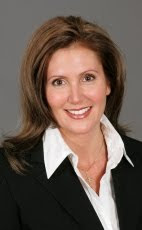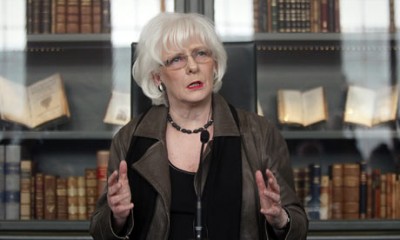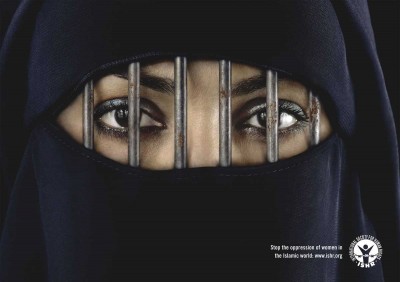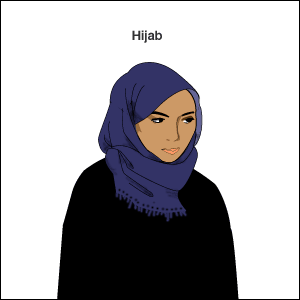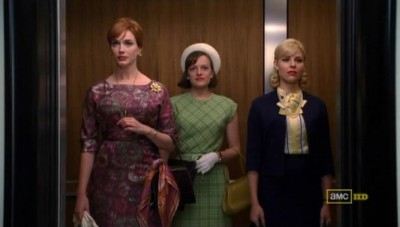
Mad Men is great trainwreck theatre full of those “oh no they didn’t” moments all shot sumptuously like cookbooks with supersaturated colour from that era. Call me a crank, but the female characters in last night’s episode reminded me of lines from Henrik Ibsen plays…
Joan & her less than “Sterling” reputation:: “Oh courage…oh yes! If only one had that…Then life might be livable, in spite of everything.”—Hedda Gabler
Peggy Blue Got Harried {in the Ideological Divide}:: “Whether I pound or am being pounded, all the same there will be moaning!” —Peer Gynt
Dr. Faye “Donning” doormat apparel:: “Your squirrel would run about and do all her tricks if you would be nice, and do what she wants.”—Nora in A Doll’s House
Twitterversion:: [blog] The women of mad men channelled through Henrik Ibsen. https://thesocietypages.org/thickculture/?p=3074 @ThickCulture @Prof_K


